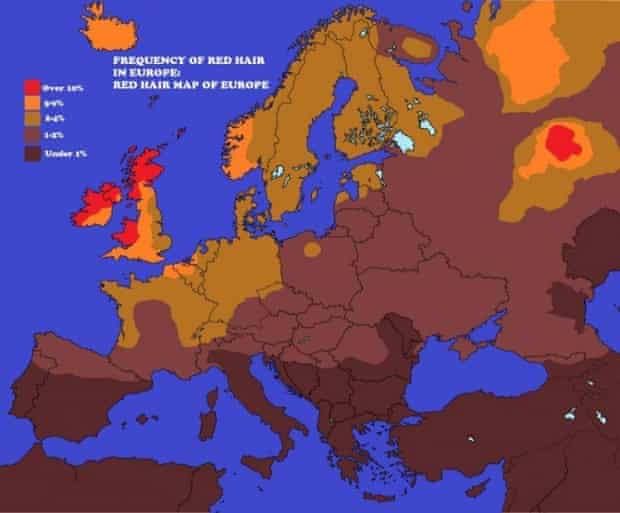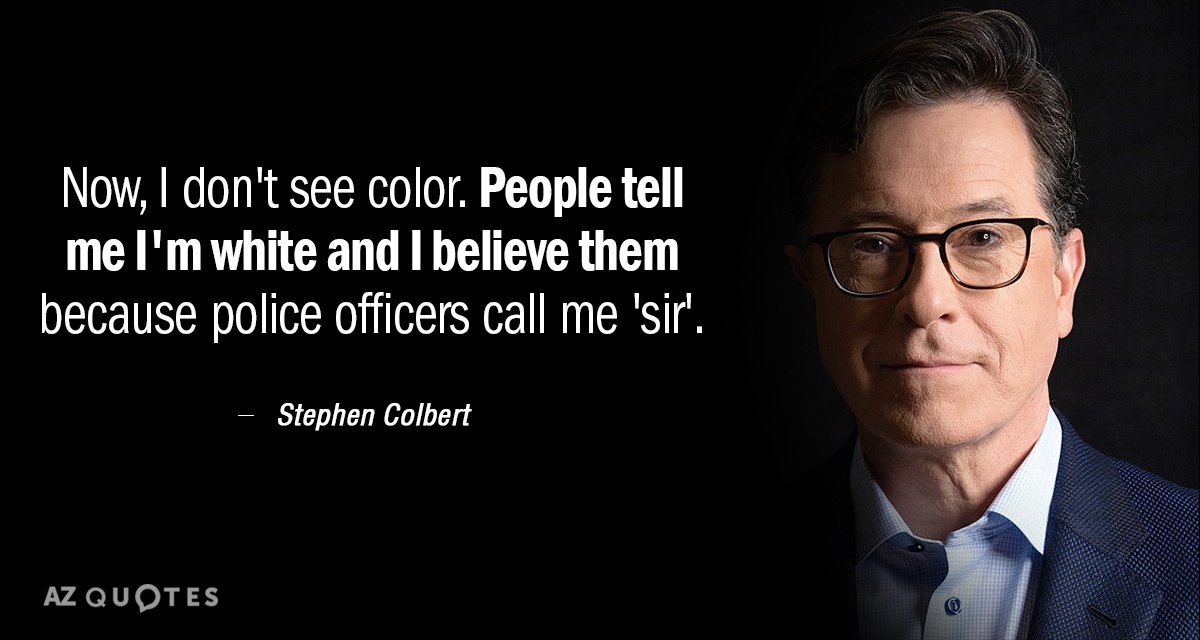The 954 most common RGB monitor colors, as defined by several hundred thousand participants in the xkcd color name survey.
Some boring notes on data handling:
For the sake of anyone who might use this, I also snapped three of the 954 colors to corners of the color space when they were hovering almost on the corners and the data was fuzzy; e.g. I moved black from #000102 to #000000. But mostly I left it alone.
There were about 40,000 women and 100,000 men in the main data set used for this, which could in principle skew things (if men are overrepresented and disagree with women over what a particular color is) but when I reran the analysis with the genders separated the results were roughly the same.
There are a couple of 'again's and 'darker's which are survey artifacts (e.g. 'green again' or 'darker blue') that I missed while cleaning up the table. I can't regen it now, but I've deleted them from rgb.txt.
The algorithm used the hillclimbing setup when there were enough data points available, but for the lowest ones on this list, it used a simple geometric mean of the color values.
I've normalized the 'gray' spelling to 'grey' since that was more popular among my users, and when colors varied by punctuation (blue-green vs blue green) I used the most popular version. I left "darkgreen" separate from "dark green", because it wasn't always obvious to me that it was a different color word. I also pulled most of the spam and a few other non-color entries. Following Crayola's lead, I also decided to leave out 'skin' and its derivatives from the final list, since that seems to be a whole can of worms; judging from the RGB values, though, my readership skews white and nerdy.






